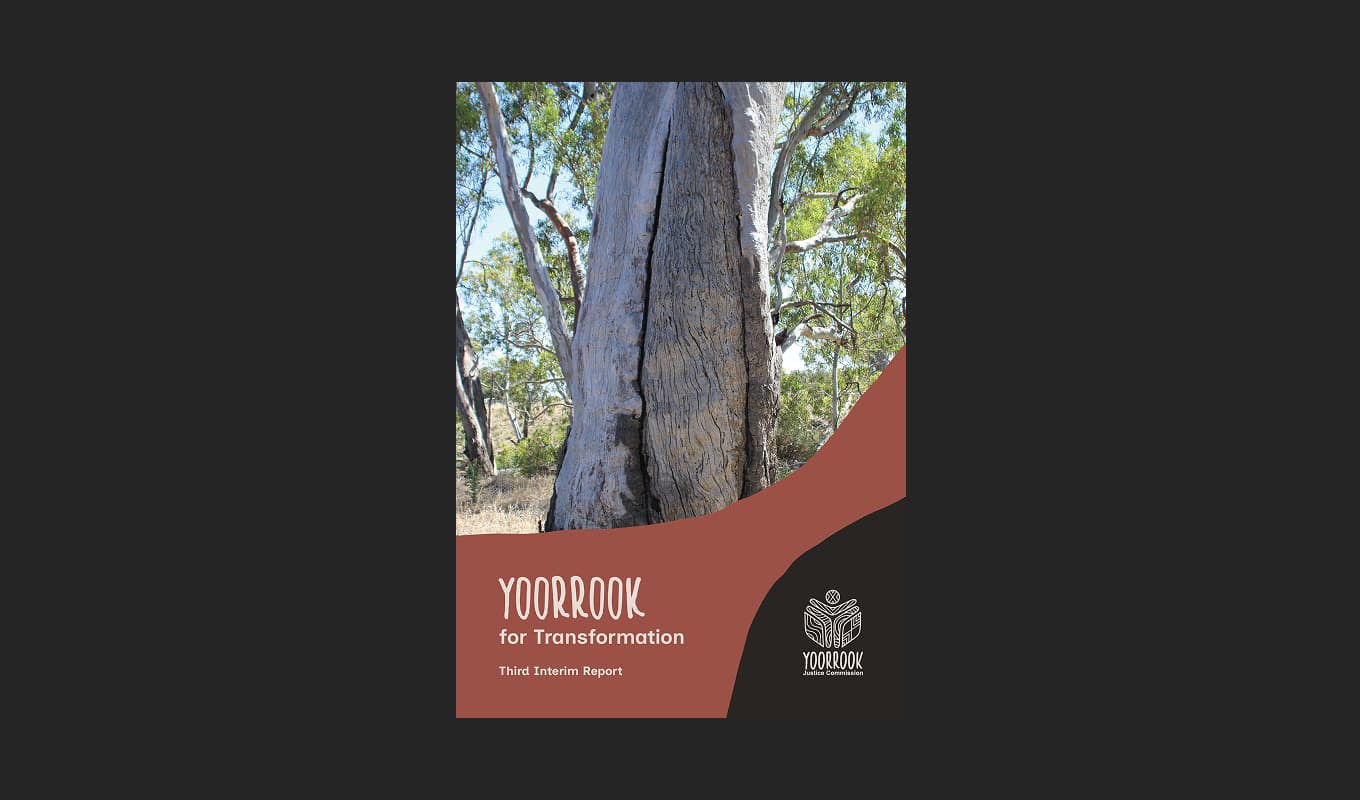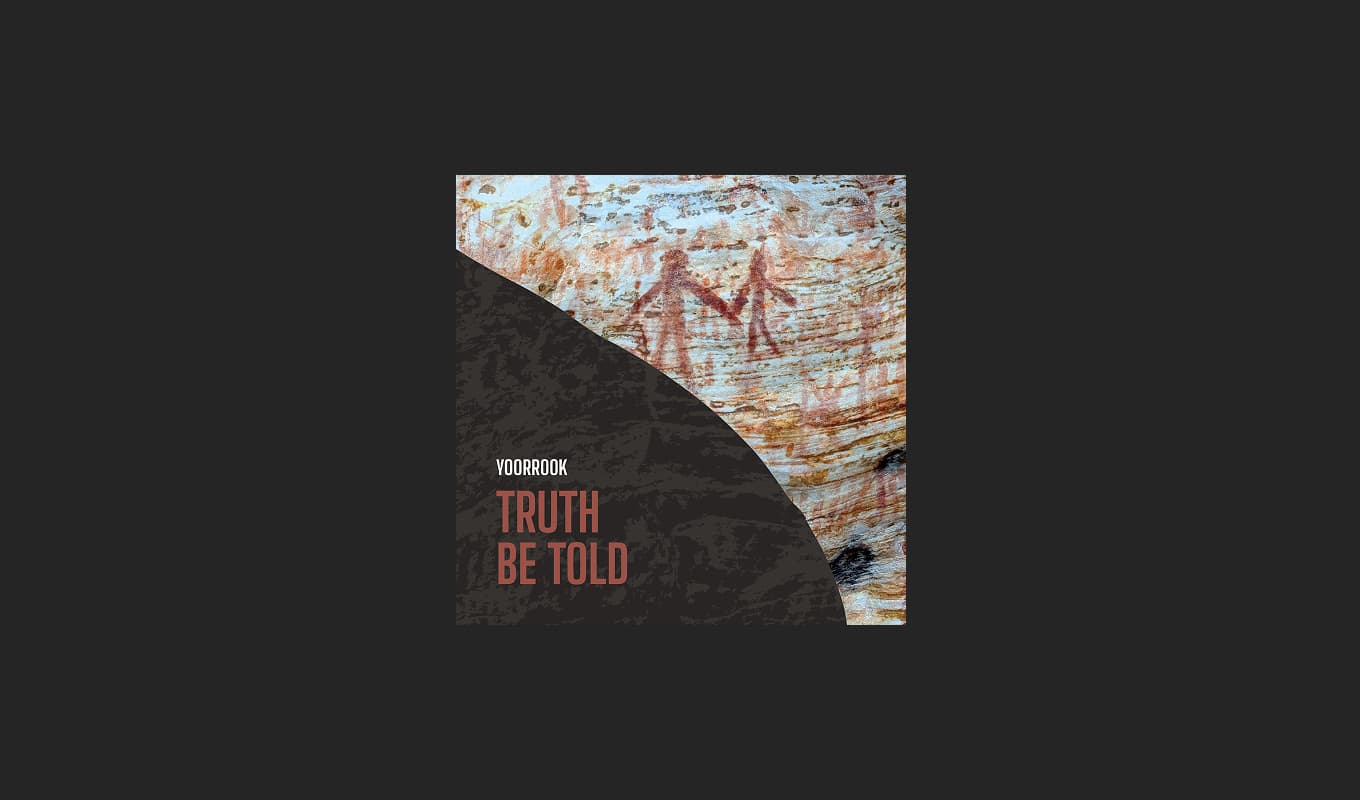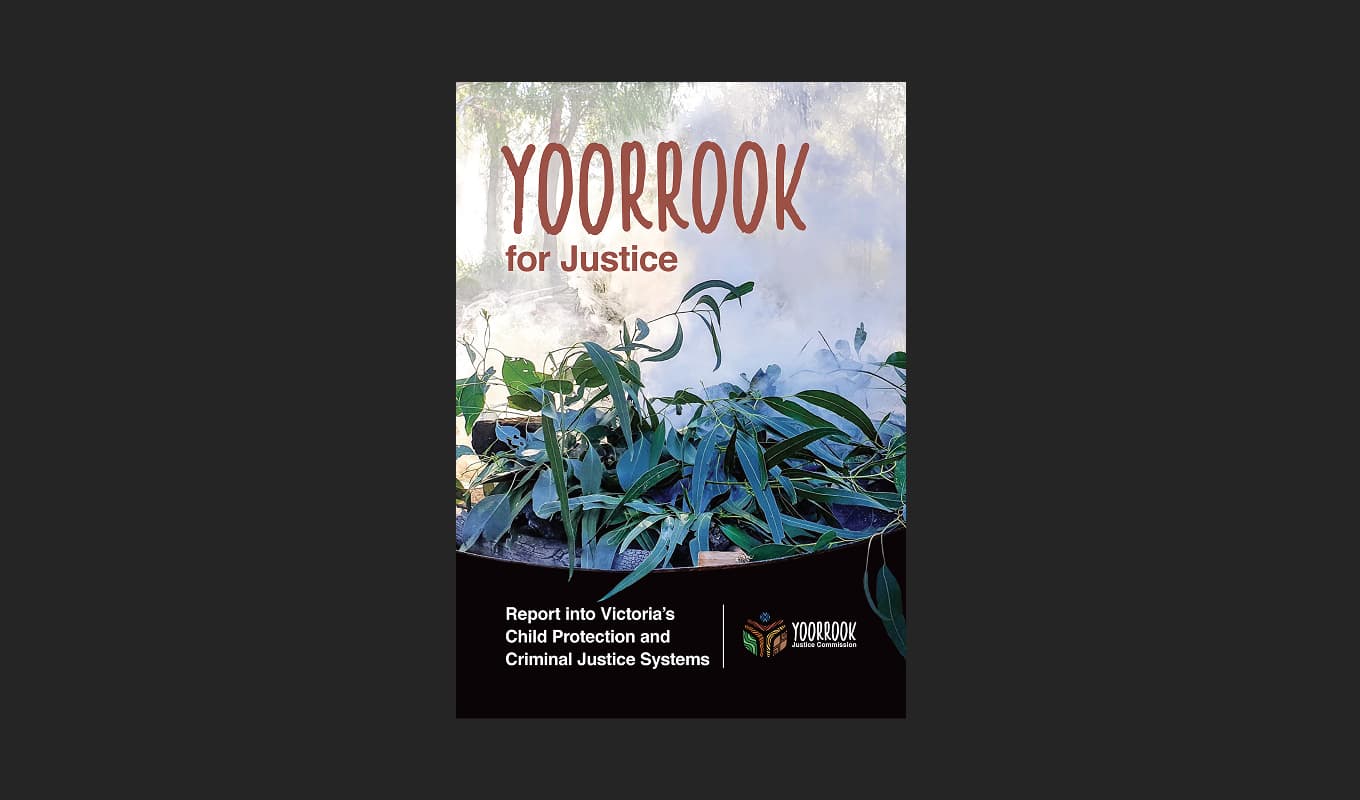BJO
BJO states that what happened in Victoria was invasion and dispossession, leading to ongoing intergenerational trauma. They describe their education on First Nations history as appalling and call for a truth-telling process that prioritises self-determination and equips pre-service teachers with the skills to deliver accurate lessons.
Submission Transcription
I know that it shouldn’t be called colonisation. What happened in Victoria, as it did across Australia, was invasion and dispossession, accompanied by cultural, spiritual, physical, psychological and sexual violence. I understand the impact on First Peoples was and is in proportion to the national attempt to destroy Aboriginal people and their culture, in whole or in part. That includes ongoing intergenerational trauma related to the introduction of disease and refined food and alcohol, the Stolen Generations, restriction of movement and freedom, prohibition of First Nations people using their languages and cultural and spiritual practices and experiencing ongoing systemic racism. The current life expectancy and social and psychological wellbeing of First Nations people is affected by dispossession in an ongoing way.
My experience of learning about First Nations history and culture at school was appalling. I went to school in the 90s on Yorta Yorta Country (although I didn’t know that when I was at school, and nobody acknowledged it) and the textbooks that were used to teach Australian history were completely whitewashed. There was a representation of ‘colonisation’ that presented Terra Nullius as fact (it’s now accurately understood as a fiction), narratives that presented Aboriginal people as ‘primitive’ and without culture, and a complete removal of violence, massacres, slavery, dispossession, the stealing of children, sexual violence and racism from the historical narrative. Aboriginal culture was presented as ‘ancient’, ‘other’ and not contemporary. My Aboriginal peers were culturally unsafe and subjected to this same “history”, which to this day makes me feel ashamed. I was a teacher up until quite recently, and though I was committed to delivering the Aboriginal and Torres Strait Islander cross-curriculum priority in an inclusive and consultative way, many colleagues did not and still do not provide accurate, comprehensive lessons on First Nations history and culture. The racist whitewashed version of history I was taught has not disappeared – it’s still being rolled out in Victorian schools either formally or in more subtle ways, embedded in unconscious bias towards and about First Nations peoples.
I look forward to the truth-telling process leading to a treaty that prioritises self-determination and puts the voices of First Nations Victorians at its centre.
I look forward to the truth-telling process leading to a treaty that prioritises self-determination and puts the voices of First Nations Victorians at its centre.
Truth-teller consent
Contact us about this submission
Contact us if you’d like to discuss this submission.
Similar submissions
Explore submissions from other witnesses that discuss similar topics.
Viki Sinclair (Fowler)
Viki Sinclair is a direct descendant of one of the original settlers of Gippsland, Colin McLaren. In this submission, she tells her personal story of... more
Prof. Mark G. Brett
Prof. Mark G. Brett's paper, "Reinventing Waste Land as a Colonial Legal Fiction," explores the historical development of the concept of waste land fr... more
Barbary Clarke
Barbary Clarke and Jason Clarke, descendants of Alfred Deakin and William John Turner, also known as Big Clarke, discuss aspects of their family's his... more
Reports and Recommendations
Read the official reports and recommendations of the Yoorrook Justice Commission.

Yoorrook for Transformation
Third Interim Report: A five-volume comprehensive reform report presenting evidence and findings on systemic injustices, and specific recommendations for meaningful change to transform the future.

Truth Be Told
An official public record that documents First Peoples experiences since colonisation, preserves crucial testimonies for future generations and creates an enduring resource for education and understanding.

Recommendations for change
Yoorrook Justice Commission’s recommendations for truth-telling, justice, and systemic reform in Victoria.

